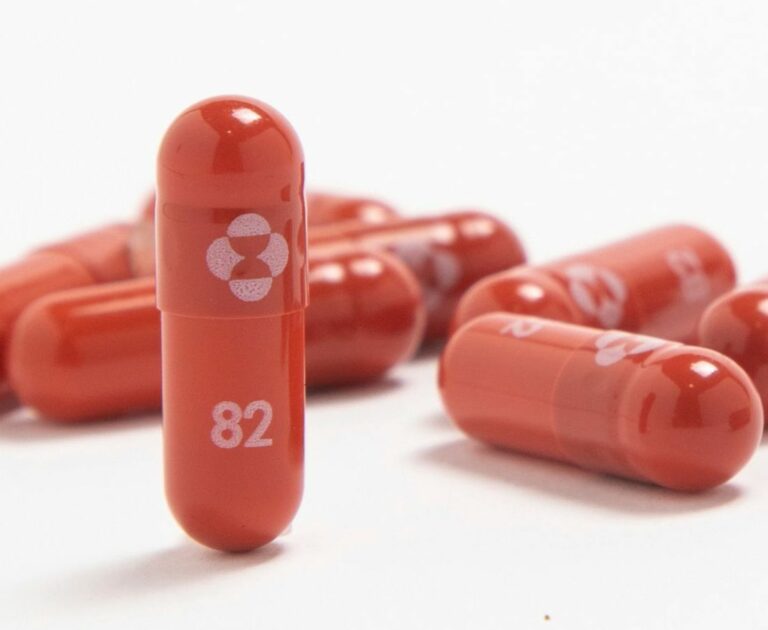Medicines Patent Pool (MPP)
- Founded
- 2010
- Governance
- Governance Board with individual members, and non-voting representatives from the World Intellectual Property Organization (WIPO), World Health Organization (WHO) and World Trade Organization (WTO).
- Funding
- Funded by Unitaid, Switzerland, Japan and the Wellcome Trust. The amount of funding is not disclosed.
- Description
The MPP was founded to increase access to affordable medical products for a limited number of low- and middle-income countries through non-exclusive voluntary licensing agreements. When a pharmaceutical company makes a deal with the MPP, intellectual property barriers regarding the production of a certain innovation are lifted to supply the selected countries.
The MPP will look for manufacturers around the world to produce the treatment for the agreed upon countries. If necessary and included in the MPP deal, the original right holder will share its know-how and technology needed to produce the product. Increasing the number of producers reduces the price of the product and enhances access. The original right holders can be financially compensated through royalties, but this depends on the agreement made.
The MPP has a rich history in facilitating access to HIV, hepatitis C and tuberculosis treatments. Early 2020, the MPP expanded its mandate to work on licensing agreements on Covid-19 treatments. In October and November 2021, the MPP signed licensing agreements with companies Merck and Pfizer for their Covid-19 antiretroviral pills. These agreements are the first of its kind in relation to Covid-19 and cover the sale of the treatments in 105 low- and middle-income countries. In March 2022, the MPP closed sublicensing deals with 36 generic companies for the production of Pfizer’s oral Covid-19 treatment.

Strengths
- Proven track record in facilitating access to affordable antiviral treatments in low- and middle-income countries.
- Increases global manufacturing capacity through non-exclusive licensing, therefore allowing other pharmaceutical manufacturers to produce and sell the medical products concerned.
- Potential for high impact for affected people living in the selected countries benefitting from the licensing agreement.
- Brings down the price of key medical products.
Weaknesses
- Current licensing agreements have a limited geographical scope, leaving some middle-income countries behind.
- Success depends on the willingness of right holding pharmaceutical companies to collaborate, as it is based on voluntary agreements (including for publicly funded innovations). However, where licences are issued, it breaks monopoly positions as countries start developing generic medicines.
Review
The MPP has proven that the concept of non-exclusive licensing is able to provide people around the world with access to affordable treatments. The success of non-exclusive licensing agreements for Covid-19 products largely depends on the geographical scope. Even though the deals with Pfizer and Merck were the first of its kind, the lack of generic access is of serious concern for those left out of the deal. Voluntary licensing deals should be as broad as possible, include low- and middle-income countries and can play an important role in building local manufacturing capacity in these countries, hereby decreasing their dependency on high-income countries.